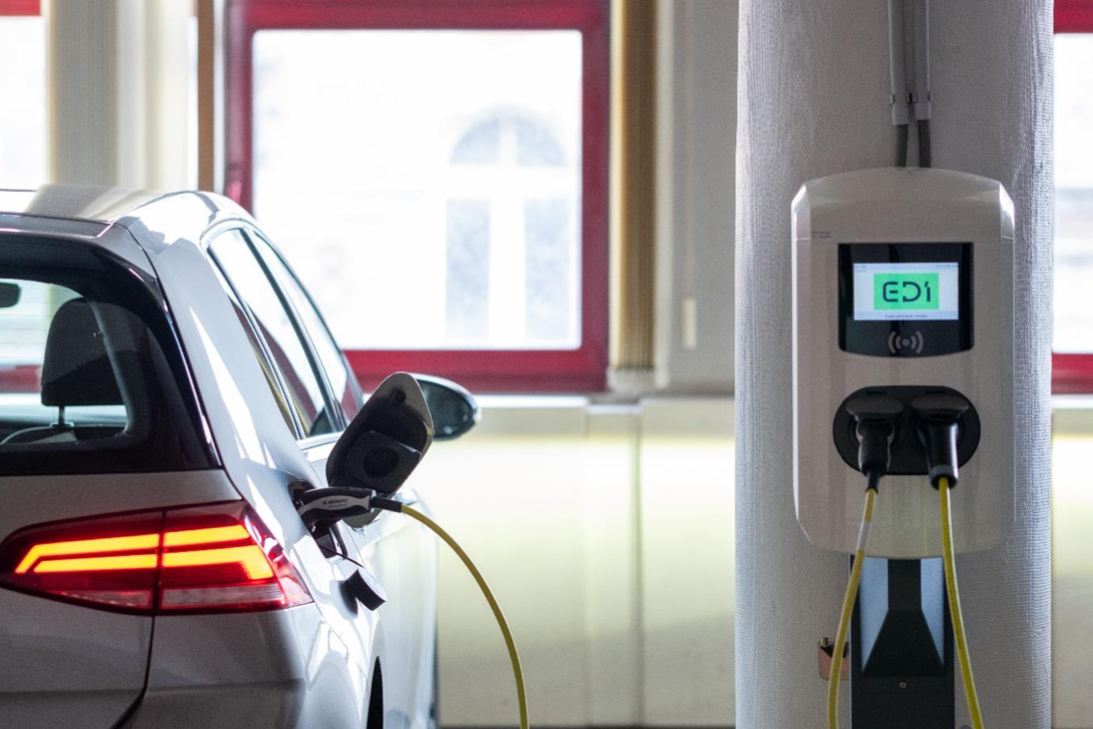
D’Ieteren counts on installing 100 EDI chargers per week

EDI (Electric by D’Ieteren) counts on nearly trippling the installations of home and company EV chargers in 2021, to 5 600 or some 100 per week on average /EDI
D'Ieteren, Belgium's largest car importer representing all Volkswagen Group brands, counts on installing 5 600 EV charging points in 2021 at


Comments
Ready to join the conversation?
You must be an active subscriber to leave a comment.
Subscribe Today